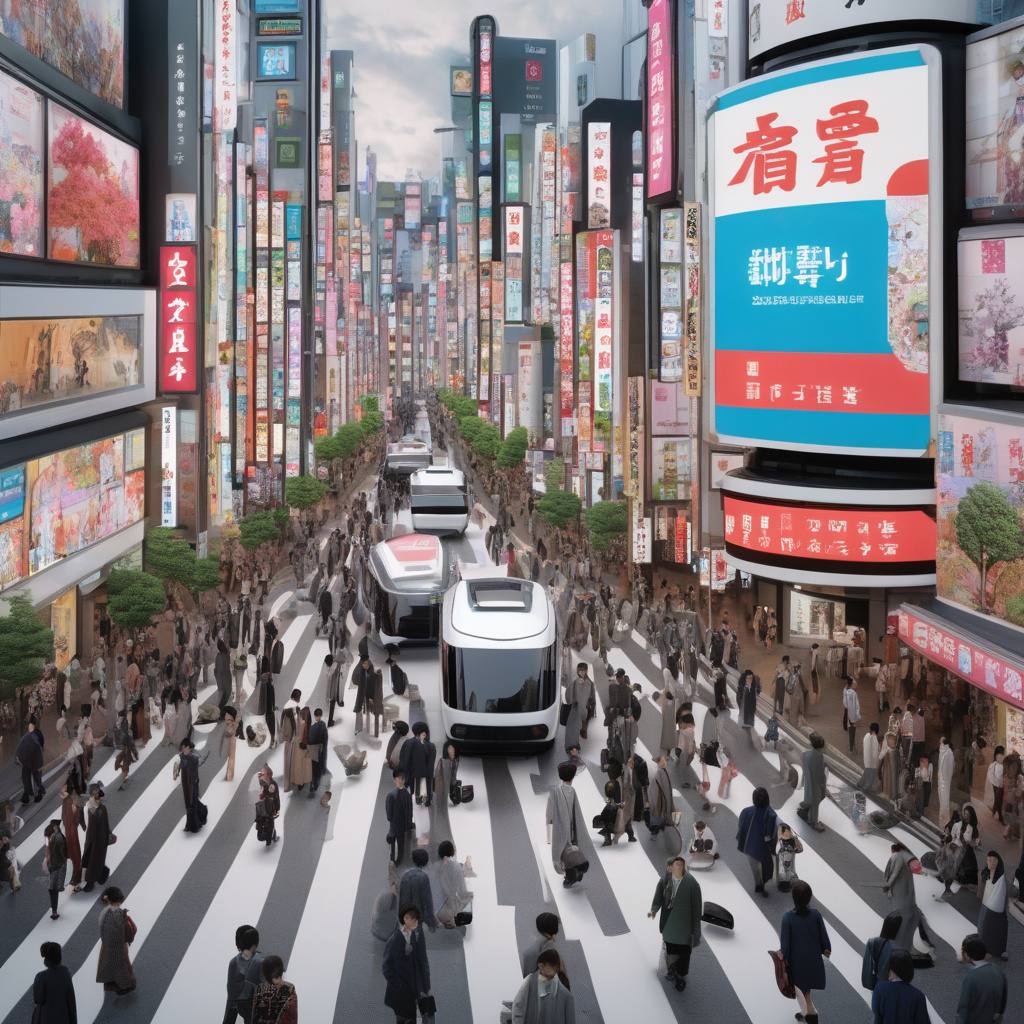Japan’s AI Adoption Lags Behind Global Trends
Japan, known for its technological advancements and innovation, seems to be falling behind when it comes to the adoption of Artificial Intelligence (AI). Despite the growing awareness of generative AI and its potential benefits, Japan remains hesitant to fully embrace this technology. Recent studies indicate that only a small percentage of the population actively uses AI, highlighting a significant gap between Japan and other leading countries in AI adoption.
One of the main reasons for Japan’s reluctance to adopt AI is its traditional business culture, which values human labor and expertise over automation. The country’s workforce has long been characterized by its dedication to hard work and perfectionism, leading many businesses to rely on manual processes rather than AI-driven solutions. Additionally, there is a prevailing fear among the Japanese population that AI will replace human jobs, further contributing to the slow uptake of this technology.
Furthermore, Japan’s cautious approach to AI can also be attributed to cultural factors. The concept of AI may be perceived as a threat to the harmony and social order that are highly valued in Japanese society. The fear of disrupting the status quo and the reluctance to deviate from traditional practices have hindered the widespread adoption of AI in various sectors, including healthcare, finance, and manufacturing.
In contrast to Japan, countries like the United States and China have made significant strides in AI adoption, leveraging the technology to drive innovation, improve efficiency, and gain a competitive edge in the global market. From self-driving cars to personalized recommendations on e-commerce platforms, AI has become ubiquitous in many aspects of daily life in these countries.
To bridge the gap and catch up with global AI trends, Japan must overcome its reservations and actively embrace AI technology. By investing in AI research and development, fostering a culture of innovation and risk-taking, and reimagining traditional business models, Japan can unlock the full potential of AI and propel itself into the forefront of technological advancement.
In conclusion, while Japan may be lagging behind in AI adoption compared to other countries, the potential for growth and development in this field remains promising. By addressing cultural, societal, and economic barriers to AI adoption, Japan can position itself as a leader in the global AI landscape and reap the benefits of this transformative technology.
AI adoption, Japan, technology, innovation, global trends












